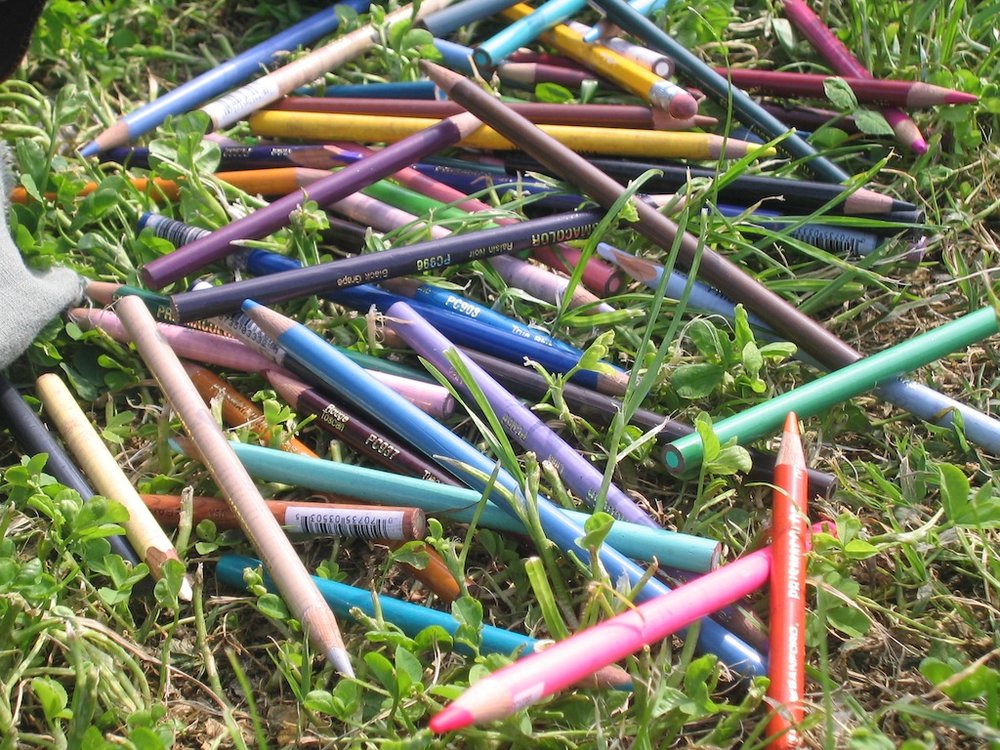When my organizing clients describe how they feel about their clutter, the word they use most frequently is “overwhelm.” Their accumulation of papers, magazines, clothing, toys, gadgets, housewares, or collections has turned into what they perceive as “overwhelming clutter.” Clutter tolerance varies. For some, a small pile of papers will feel overwhelming, and for others, a closet bursting with clothing will tip their overwhelm scale. Response to clutter can make you feel stuck or motivated to take action. Both reactions are normal.
If your clutter is making it hard to focus, move through your space, or adding extra stress, this is an excellent time to use a simple strategy. I use it regularly with my virtual organizing clients. We activate the decluttering magic of the mindful edit. What’s that? I was hoping you would ask.
Clutter is an accumulation of stuff. It represents postponed decisions, objects without homes, misplaced items, or things that have overstayed their welcome. Editing happens first, which clears the clutter so that getting organized can begin. The beauty of the mindful edit is that it can be done in tiny time blocks- five, ten, or twenty minutes. Using small blocks of time to ask quality questions, edit, and declutter makes the process doable and less overwhelming.
“The beauty of the mindful edit is that it can be done in tiny time blocks.”
Especially when you are overwhelmed, instead of creating a big plan, making you feel more overwhelmed, think small. It’s OK to allow the editing process to be more organic rather than defining every step. Begin in a tiny area like a kitchen drawer, a closet rack, or a single paper pile. The goal is to edit a little section and then move on to the next.
Ask mindful editing questions:
Does this item belong in this room?
Can I reroute it to another location?
Do I need this?
Do I like it?
Is it still useful?
Can I donate, trash, or recycle it?
Does it need to occupy primary real estate?
Has it expired?
Do I have to be the keeper of this paper, information, or can I easily find it on the Internet?
Is it enhancing or detracting from my life, space, or area?
Is it adding to overwhelm and clutter?
Can I release it now?
Is it time to part ways and let it go?
You might have other questions that you love to ask. The better your questions are, the more successful the edit, and the less clutter you will have.
There is tremendous power in the mindful edit and the positive feelings you will experience when you let go. What are your favorite editing questions for reducing clutter? Do you have a recent editing experience you want to share? I’d love to hear your thoughts. I invite you to join the conversation.













